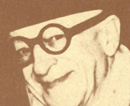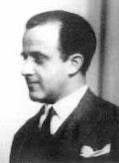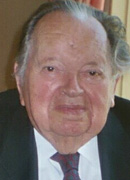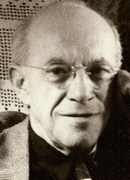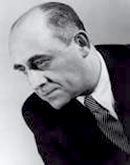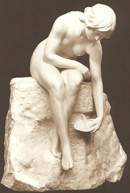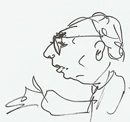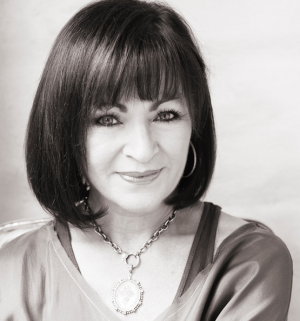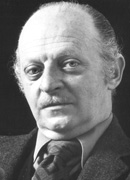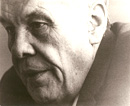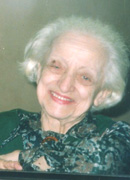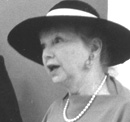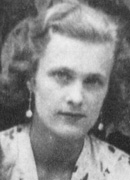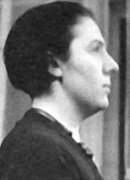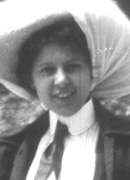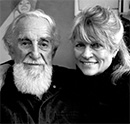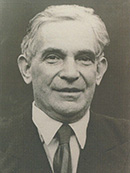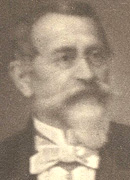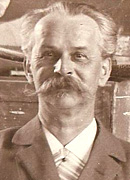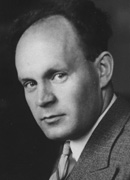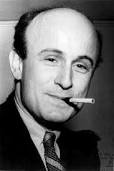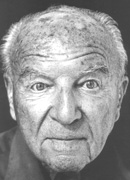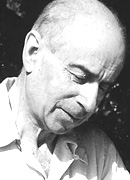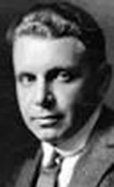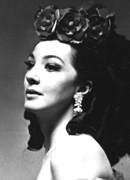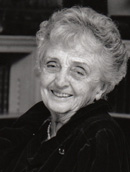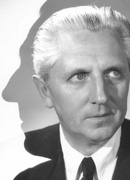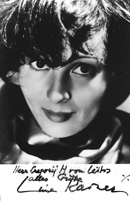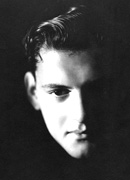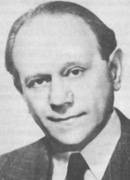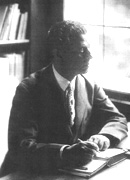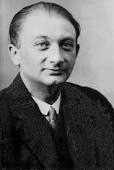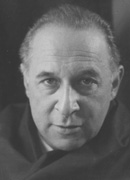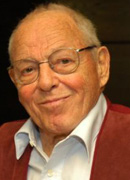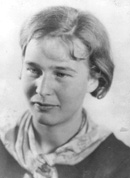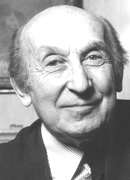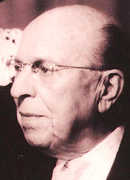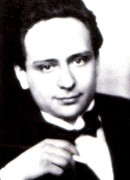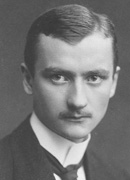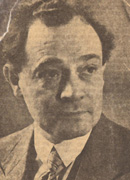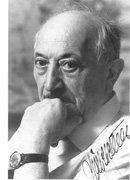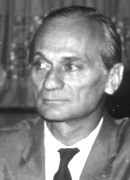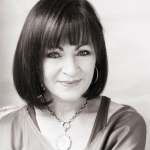The Lahr von Leïtis Archive
Collect - Preserve – Remember
Already at a young age Gregorij H. von Leïtis was inspired by the passion for collecting in his family to continue this tradition. He added new exhibits to the already existing collection of documents, letters and photographs.
For many years, one focus of the collection has been to document the rich heritage of writers, composers and intellectuals who were banned and persecuted by Hitler and Nazism and forced to leave their homes.
In addition, the archive contains important documents of personalities associated with Gregorij H. von Leïtis’ work in theater and art since 1960.
In recent years, the materials in the Lahr von Leïtis Archive have regularly served as inspiration for events organized by The Lahr von Leïtis Academy & Archive and its supporting organization Elysium – between two continents. The holdings are to be used as a source and basis for artistic programs and academic lectures or exhibitions.
The existing collection will be permanently further supplemented.
Since December 2018, the Lahr von Leïtis Archive has found a permanent home. The approximately 70 linear meters of archival material are on permanent loan to the Exilarte Center at the University of Music and Performing Arts Vienna. There, the collection will be professionally sorted, digitized and made accessible for research.
The archive contains materials on the following personalities, among others:

